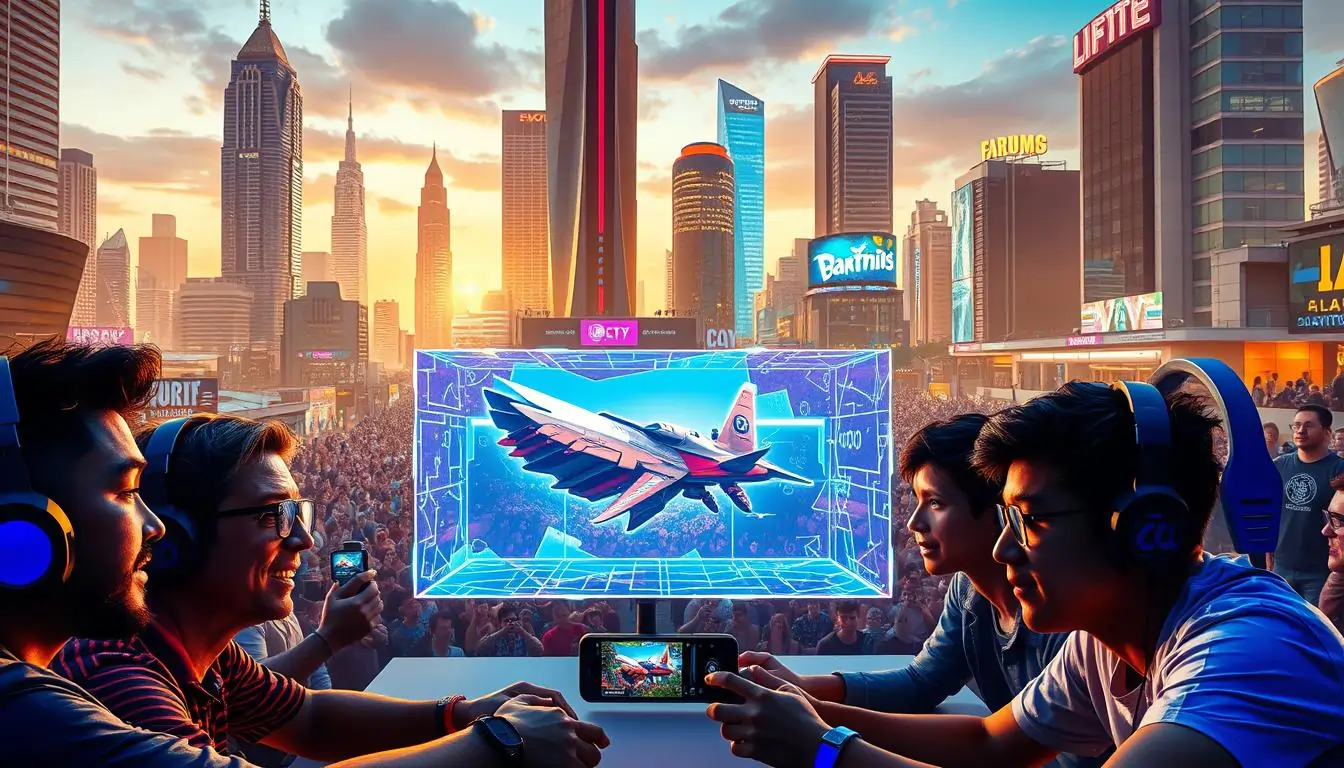Technology and Trends Shaping Mobile Gaming in 2025
Mobile gaming has evolved dramatically. It has gone from simple puzzle games to a dominant global industry. This success isn’t just about convenience. Rather, it’s driven by incredible technological advancements and shifting player expectations. The future of mobile games sees a convergence of powerful hardware, advanced software, and new ways to connect.
In 2025, the industry’s path is clear. It moves beyond the limitations of small screens and on-device processing. Instead, it is heading toward a more immersive, connected, and intelligent future.
Cloud Gaming and 5G: Ending Hardware Limits

For years, hardware was the biggest barrier in mobile games. Unfortunately, not every phone could run the most demanding titles. In 2025, that problem is becoming a thing of the past. The widespread use of cloud gaming and 5G networks is the main reason for this change. Cloud gaming services stream high-quality games from powerful servers. This means you no longer need a top-of-the-line phone to play the latest AAA titles. Instead, your internet connection is the only thing that truly matters.
Our lead tech analyst, Mark Anderson, believes this is the most important trend. “Cloud gaming breaks down the economic barrier to entry,” he says. “It puts every game, from big blockbusters to the most graphic-intensive titles, within every player’s reach. This democratizes the gaming experience like never before.”
The Rise of Subscription Services
This shift to cloud gaming has also fueled the growth of subscription services. Players can now pay a monthly fee to access a massive library of games. This model offers greater value. Furthermore, it encourages players to try new genres and titles without a high upfront cost.
AI and Personalization of Mobile Gaming
Artificial intelligence is no longer just for non-player characters (NPCs). In 2025, AI is changing the very foundation of game design. Developers now use AI to create more personalized experiences. For instance, it can adapt a game’s difficulty in real time based on your skill level. It can also generate unique quests and storylines. Consequently, no two players will have the exact same journey.
This focus on personalization makes games more engaging and less repetitive. It gives players a feeling that the game was made just for them.
“AI gives games a soul,” says Anderson. “It makes the world feel alive and reactive. Also, it can provide a challenge perfectly tailored to your abilities. It keeps you engaged and invested in the game’s world for a much longer time.”
Immersive Technology: Beyond the Screen From Mobile Gaming
The mobile gaming experience is also becoming more immersive. Developers now integrate new technologies that go beyond the flat screen. Augmented Reality (AR), for instance, is a core feature in many popular games. It allows players to interact with virtual objects in the real world. This blurs the line between the game and reality.
Finally, new devices and accessories are also becoming more common. These include mobile-friendly VR headsets and advanced haptic feedback controllers. These tools provide a deeper, more physical connection to the game. They make you feel every action, from a car crash to the recoil of a weapon. These innovations promise a future where mobile gaming is a total sensory experience.
